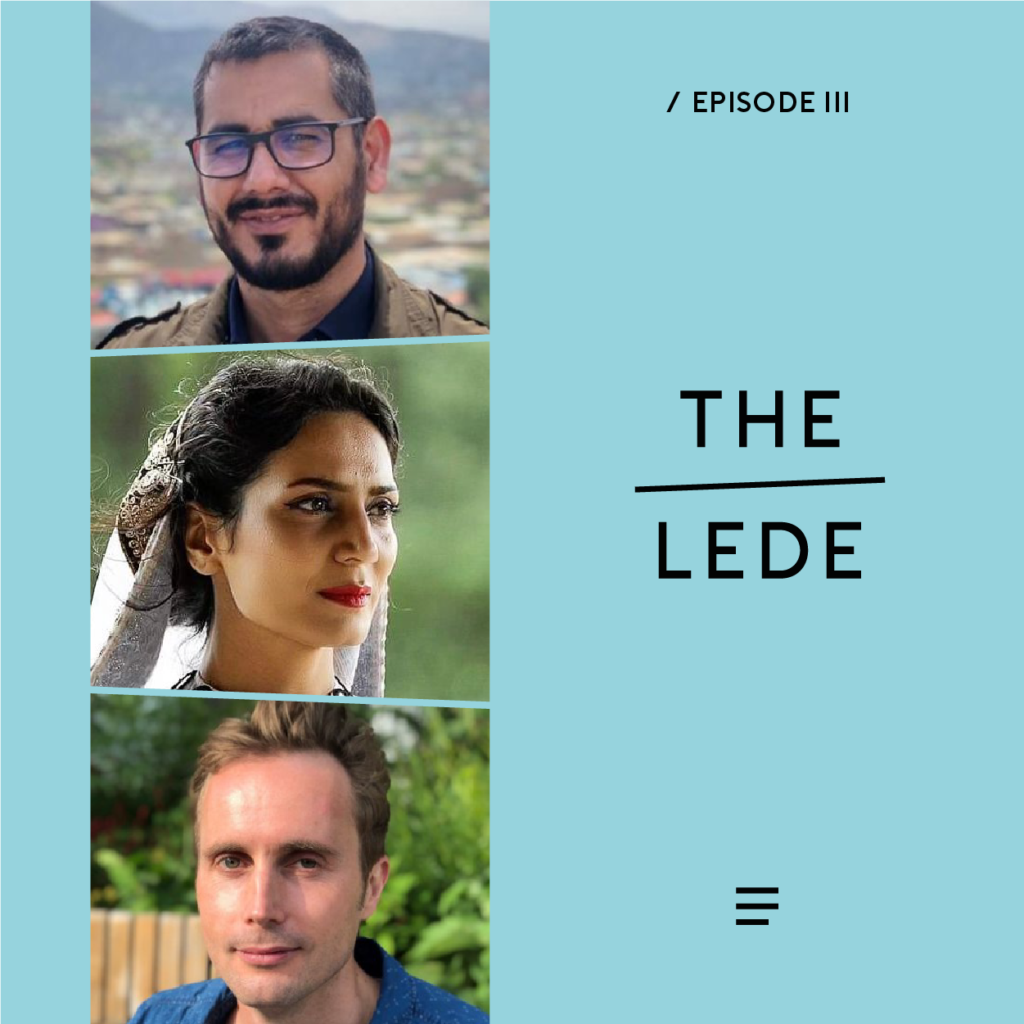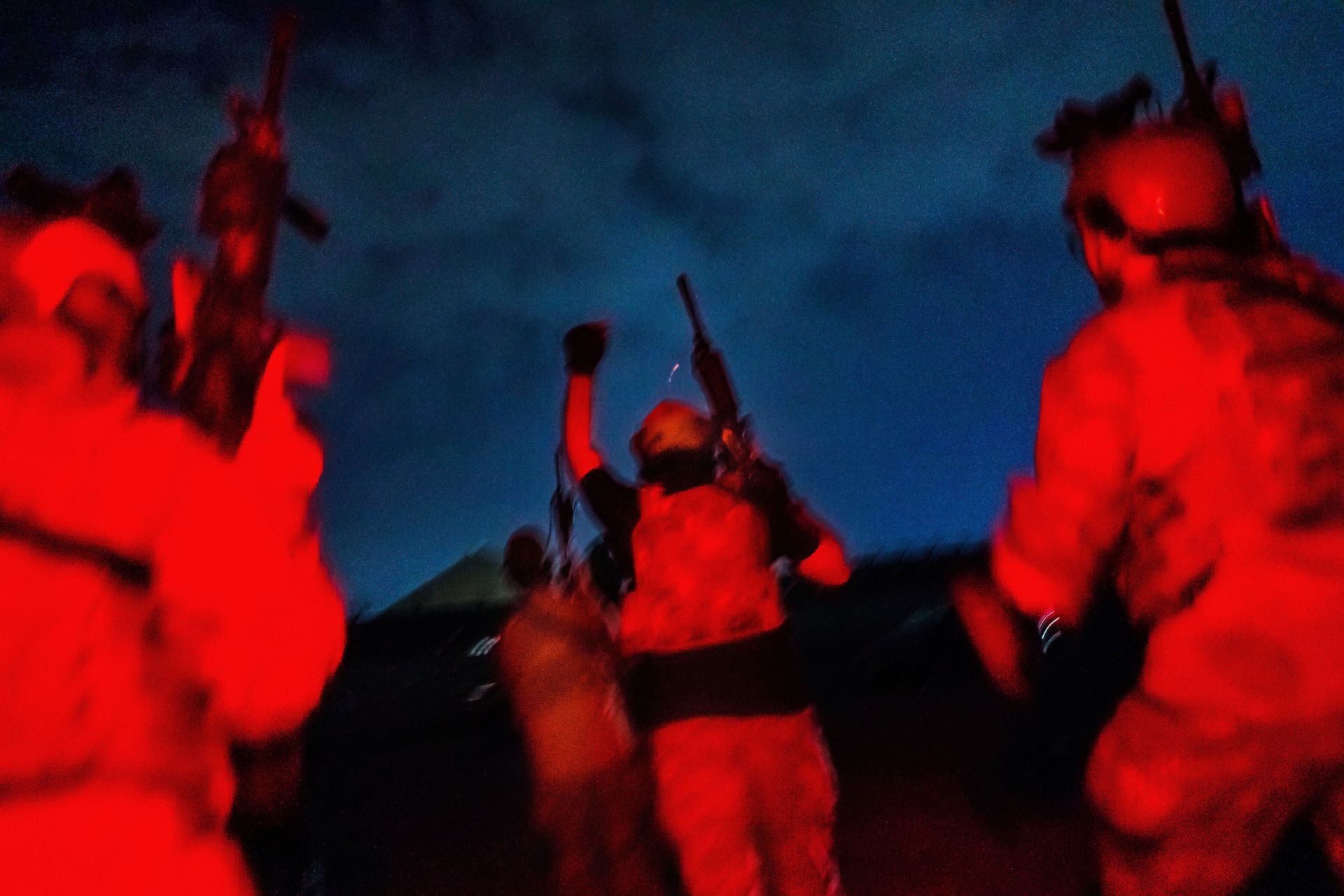One year after the Taliban won the war in Afghanistan, this special anniversary episode of The Lede looks back on the momentous events of Aug. 15, 2021, and explores how the country has fared in the aftermath. New Lines’ Afghanistan correspondent Fazelminallah Qazizai was in Kabul the day it fell. “We were quite worried, because we were thinking the war in Kabul would be more brutal than in the provinces,” he tells host Faisal Al Yafai. The speed with which the city was taken came as a relief. Over the following year, he covered the Taliban’s consolidation of power, the closing of girls’ schools, a devastating earthquake and an equally devastating economic collapse under the weight of U.S. sanctions. “For big cities, the situation is better now,” he says. “But for remote areas, the situation got worse.”

“For big cities, the situation is better now. But for remote areas, the situation got worse.”
Many Afghans have had to watch these events at a distance. Nazila Jamshidi, a gender equality and human rights specialist, is one of the hundreds of thousands of Afghans who fled the country during the war. She nevertheless remembers the Taliban victory vividly. “My heart was plunged into fear,” she says. “Fear of losing my homeland, my people, and all the progress we had made.”
A year on, she says, she still struggles to come to terms with that loss: “I cannot stop thinking about all those Afghans who were forced to flee their country and now are either in refugee camps or living in exile with an uncertain future.”
So far, at least, the relative peace that Afghanistan paid such a high price for has mostly held out. The Taliban are stronger than ever, explains Qazizai, and have been quick to crush any challenge to their rule. But as his recent New Lines investigation with South Asia editor Chris Sands revealed, the country’s local Islamic State affiliate is eager to plunge Afghanistan back into war. ISIS seeks to weaken the Taliban enough to create a power vacuum, Sands tells Rasha Elass. “Then the Islamic State can step into that vacuum.”
“As much as the West might not want to deal with the Taliban government right now, it has to be aware that there are far, far worse alternatives,” he adds.
Produced by Joshua Martin


